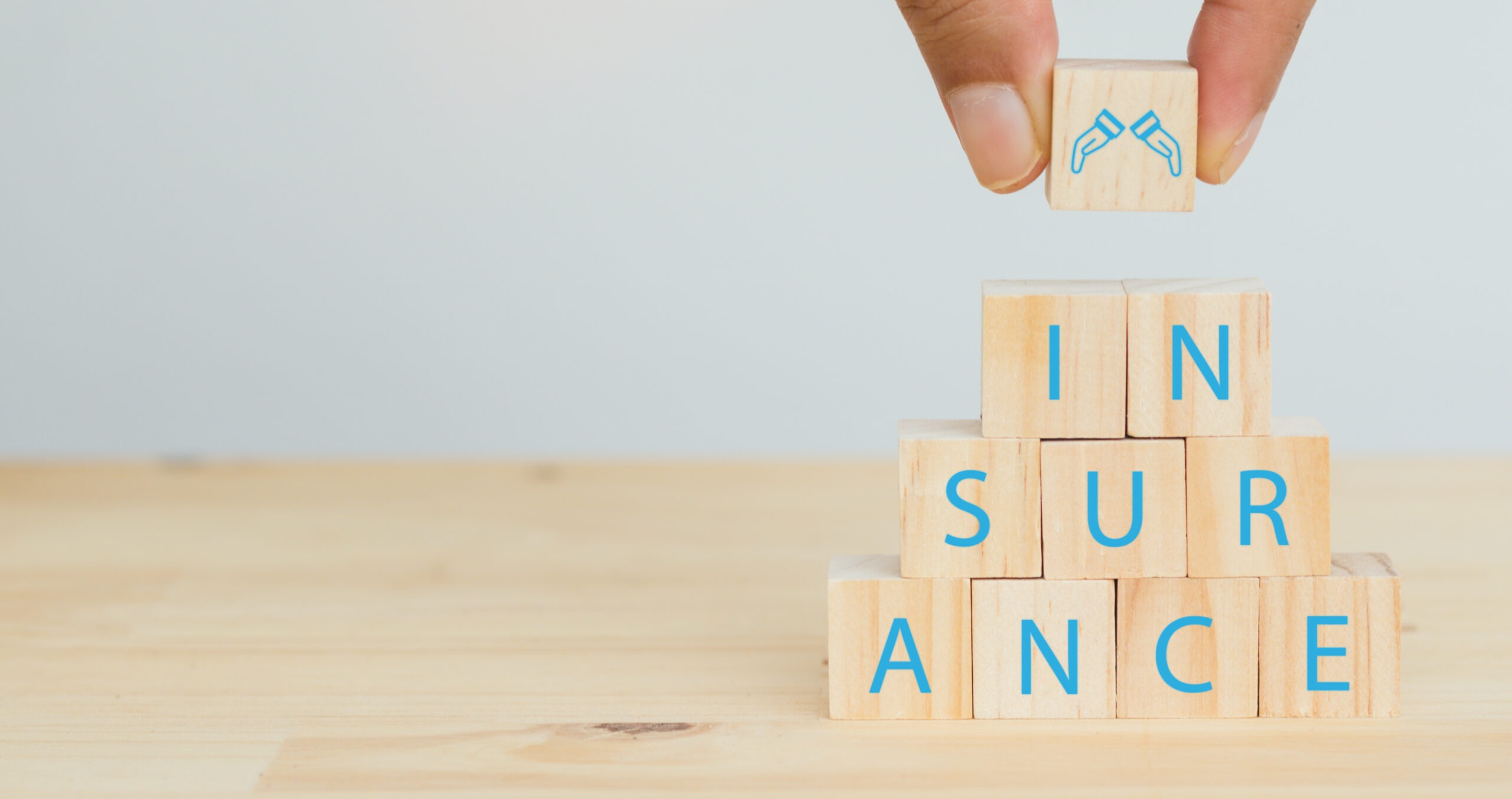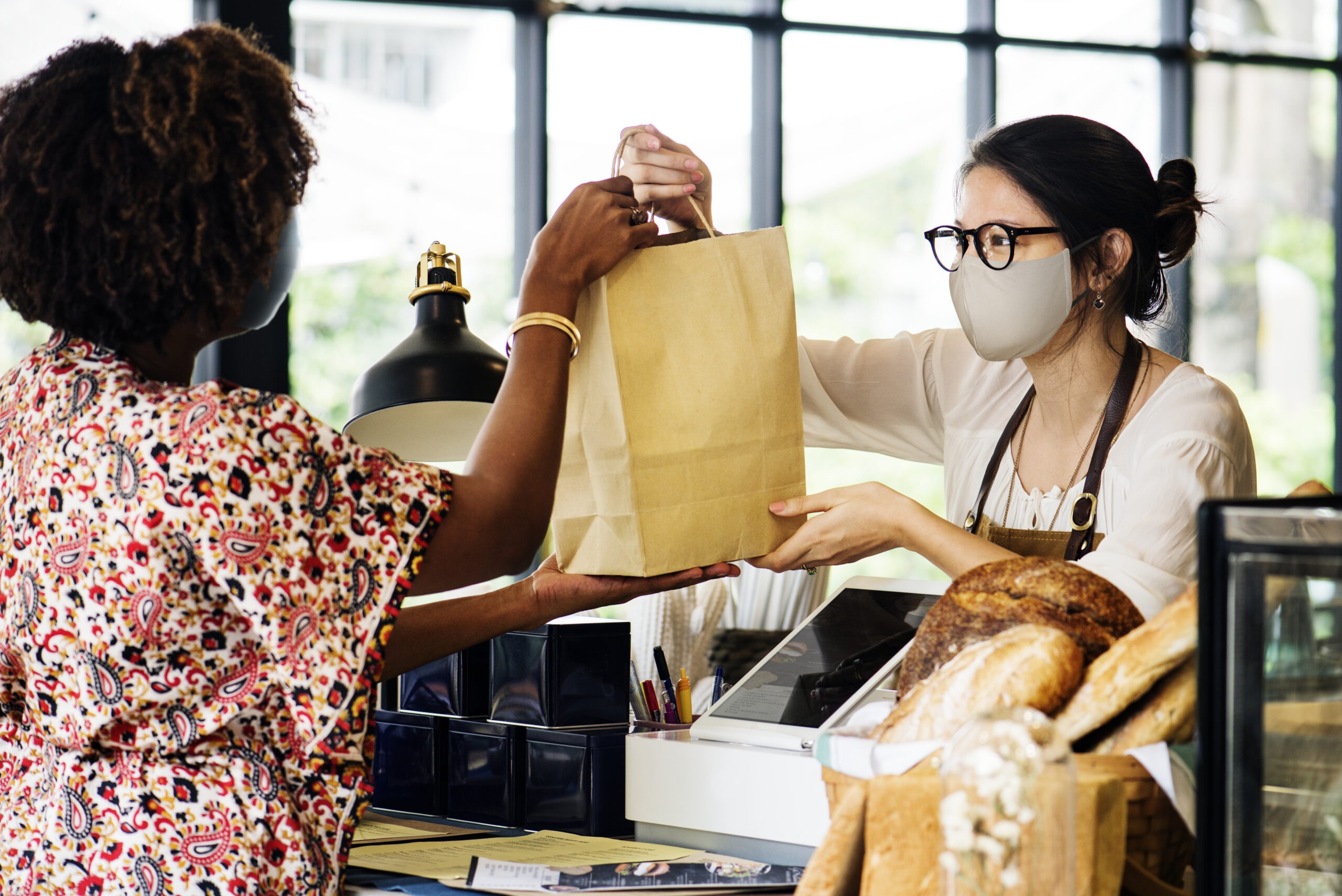You have to consider that many hazards come with ordering food to go, whether it’s from your neighborhood fish and chip store or your neighborhood favorite Indian or Chinese restaurant.

Lockdown has taken a heavy toll on the restaurant industry, both vast chains, and smaller independents. Even though a few restaurants are still open, many of the common concerns are still present. The necessity for insurance continues, and in a tightening insurance market, the cost of restaurant insurance premiums is growing, in many instances dramatically.
You or someone else may file a claim if an employee is wounded in the kitchen, a client gets food poisoning, or your business is devastated by a fire. Takeaway insurance is designed to safeguard both you and your company in the event of a disaster. Here are the best ways on how you can maximize your insurance cover for your takeaway business:
1. Understand The Basic In Takeaway Insurance
You’re the one who understands your clients, your community, and your product better than anyone else. Insurance for pricey equipment, stock, and appliances is a common concern among the clients who order takeaways. It would help if you also kept in mind that most employees must have workers’ compensation insurance.
You can get takeaway insurance coverage for restaurants that provide food to the public in the event of an accident, sickness, or property damage caused by takeout. Generally speaking, you can be covered when there are claims against your takeaway business, such as harm or disease caused by your business’s operations or goods. It also includes unintentional damage, illnesses, and injuries caused by your workers.
Here’s the standard insurance coverage for a takeaway restaurant that’s currently in operation:
- Liability insurance for the general public
- Indemnity insurance for employers
- Insurance for your property
- Insurance against loss of profits
- Insurance for foodborne illness
- Insurance for commercial vehicles
Because restaurant insurance requirements and rates may vary widely depending on various circumstances, consulting an insurance broker can help you make sure you have what you need and aren’t overpaying for unnecessary coverage.
2. KnowThe Benefits Of Commercial Liability Insurance
Cases involving foodborne illness are some of the most financially risky aspects of the food industry. Insurance is a critical component of a food company’s risk management system. However, recent lawsuits involving food contamination claims have highlighted the importance of executives paying close attention to the fine print of general commercial liability and commercial property insurance.
Therefore, every food company may buy a commercial general liability policy to protect itself from the risk of third-party claims. This policy provides coverage for property damage and bodily injury caused by physical illness or sickness.
Many companies may not realize that their policies also exclude certain types of coverages that can limit or deny liability for third-party contamination. Here are a few broad guidelines for determining how much liability insurance you need. Be careful to check with a knowledgeable business insurance agent to ensure that you have the right coverage for your company. Most companies require general liability insurance to protect them against the following:
- A wide range of legal proceedings, investigations, and agreements
- Including compensation for medical expenses, legal costs, and damages for injuries sustained in an accident.
- Abuse coverage for liability
Most CGL policies contain standard exclusions that are designed to exclude coverage for various types of claims. These include, for instance, clauses that exclude coverage for certain bacteria or toxins. An insurer may rely on a pollution exclusion to deny coverage for a claim against a restaurant. This exclusion is usually triggered by the smell of curry or other objectionable food.
3. Include Precise Information On Insurance Quotation
When creating a quotation, it is essential to include precise information. Using this method ensures that you acquire the correct insurance policy for your company. When purchasing insurance, these are some of the questions you should ask yourself:
- Kind of food business
- Building information
- Stocks, equipment, business tools
- Security systems
- Number of customers
- Number of employees

For the most part, you’ll need to know about the equipment you use and its worth, data on the fire and security systems in place, an estimate of yearly sales and the number of customers, and information about the building from where you operate, including its size. If you own or operate a chain of restaurants or takeaways, the underwriters will probably want further information.
4. Explore Your Alternative For Other Insurance Coverage
Aside from having business insurance in which physical assets such as the structure and its contents and any external fittings like fences are protected by this insurance policy, a takeaway business can explore options for foodservice sector insurance such as the following:
- Insurance for business vehicles contributes to the settlement of claims stemming from an accident caused by an employee driving a corporate car or their while on company time.
- Employees are covered by liability insurance for their actions on the job: Don’t let allegations of discrimination, harassment, or wrongful termination bring you or your company down.
- Utility and spoilage coverage are included in this policy: Interrupted utility services may lead to inventory losses, and utility services can assist cover such losses while requiring you to spend relatively little money up front.
- Compensatory insurance: Make sure your employees are protected. Suppose an employee is seriously injured on the job. In that case, this insurance will reimburse the person’s lost income, pay for medical care, and safeguard the firm and its assets.
- Coverage of sewage and drains and sewers: Make sure your home and belongings are safe from things like fire, sewage issues, and more.
- Workers’ dishonesty insurance: Employee theft losses might be covered by insurance. Determine how much coverage your company needs by working with your insurance agent.
Bottom Line
Takeaway insurance is essential because of the fast-paced nature of the company. There are hazards associated with owning a takeaway restaurant, such as injury to customers or staff or damage to your establishment. In a disaster, you must have the proper insurance in place to protect your business.